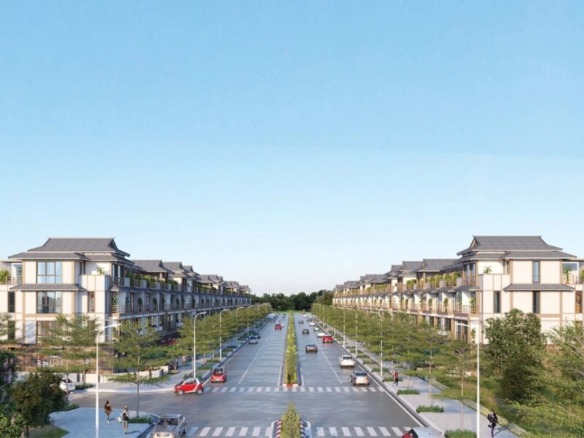Contents
Vietnam Real Estate Market 2021 is poised for recovery amid ongoing challenges. As foreign investors eye opportunities in Southeast Asia, Vietnam’s property sector offers promising prospects. Despite the impacts of COVID-19 in 2020, experts predict a surge in supply and steady demand. This article explores key forecasts, trends, and insights to guide international readers.
Overview of Vietnam Real Estate Market 2021
In early 2021, Vietnam’s real estate landscape shows signs of rebounding from a tough year. Legal hurdles that stalled projects in 2020 are expected to clear, boosting supply nationwide. For instance, Hanoi anticipates tens of thousands of new units in the first half of the year. Meanwhile, Ho Chi Minh City plans around 20 projects, adding about 3,000 products.
However, the market still grapples with supply shortages in affordable segments. High-end properties dominate, creating opportunities for targeted investments. Additionally, economic recovery is projected to lift demand to 70% of 2019 levels.
Key Market Highlights from 2020
The previous year tested Vietnam’s real estate resilience. COVID-19 weakened demand, yet supply in prime locations remained robust. Interestingly, new investors—often called F0—entered the market, boosting investment by around 30%.
Regions like Ho Chi Minh City, Hanoi, and emerging provinces such as Quang Ninh and Bac Giang stayed attractive. These areas benefited from infrastructure pushes and industrial growth. On the other hand, tourism real estate suffered due to pandemic restrictions and unresolved legal issues for condotels.
- Industrial properties thrived amid shifts from China.
- Resort segments declined, eroding investor confidence.
- Urban areas saw price surges from scarcity and demand.
Forecasts for Supply and Demand in 2021
Experts from the Vietnam Association of Real Estate Brokers (VARs) foresee significant supply growth. Projects delayed by regulations should launch soon. In Hanoi, northern and western districts will lead with diverse offerings.
Demand will focus on mid-range apartments, especially two-bedroom units. Transactions in major cities could reach 90,000–100,000. Furthermore, land plots remain popular outside urban centers, though stricter policies may limit new developments.
Social housing needs stay high for workers, while resettlement options see low uptake. Overall, a stronger economy will draw investors back to traditional sectors.
Price Trends and Predictions in Vietnam Real Estate Market 2021
House prices are set to climb. In Hanoi, stability or slight rises are likely. Ho Chi Minh City’s Thu Duc area may see sharper increases early on. VARs predicts 5–10% growth for well-planned urban homes compared to 2020.
Yet, no broad reductions are expected. By year-end, increased supply might stabilize prices. Developers could offer competitive rates on new launches. Thus, timing investments carefully is key for returns.
Emerging Trends Shaping the Market
Beyond basics, several trends influence Vietnam Real Estate Market 2021. For example, “city in the city” concepts emphasize sustainable living with integrated facilities. E-commerce growth drives logistics demand, requiring more storage space.
Additionally, the shift to green buildings could boost rentals by up to 33%. Healthcare logistics gains traction for temperature-sensitive goods. These key trends in Vietnam’s property market highlight a maturing sector.
Investment Opportunities for Foreign Investors
For international readers, Vietnam offers diverse entry points. Focus on rebounding cities like Ho Chi Minh, where district conversions spur growth. Policy reforms in laws on investment and land aim to resolve bottlenecks.
Consider market rebound expectations for strategic moves. Industrial and residential segments show promise. Review CBRE’s detailed market outlook for data-driven decisions.
- Prioritize mid-range apartments for steady demand.
- Explore industrial real estate amid global shifts.
- Monitor legal updates for smoother transactions.
In conclusion, Vietnam Real Estate Market 2021 presents a balanced outlook. With prices rising and supply improving, savvy investors can capitalize. Stay informed as the sector evolves.





Join The Discussion